It’s the age-old question among pool owners, “When is the best time to run a pool pump? Should it be daytime or nighttime?”
There are certain situations when it is a good idea to run your pool pump at night, such as when you have shocked the pool in the evening or if you have a large algae infestation. Also, you may pay less for electricity at night in your area. But generally, it is better to run the pool pump during the day.
You need to strike a balance between managing to keep your pool running effectively yet still save money. it’s crucial to know how long to run your pump for and whether to run your pump during the day, at night or a combination of the two.
If you’re new to pool maintenance, it may seem like an excellent idea to have your pump running all day and night – and you are not wrong. After all, the water will remain clear of any contamination, and your pool will be in tip-top condition.
However, anyone who has owned a pool for a long time will tell you that doing so will only create a large dent in your wallet, with little visible benefit.
We take a look at some of the situations when you may need to run your pump to ensure you make an informed decision.
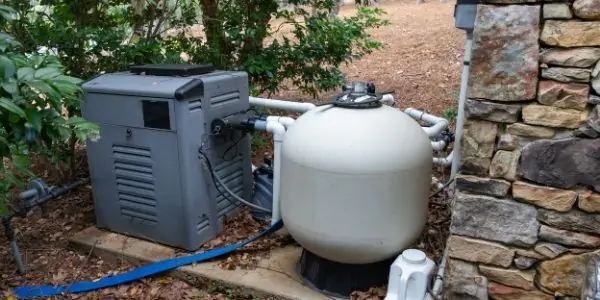

Should You Run Pool Pump at Night or Day?
It’s not enough to know how long you need to run your pool pump. You should also know the best time to do it.
Most people know their pool’s turnover rate but don’t know how to achieve it. For instance, if you’re supposed to run the pump at least 8 hours a day, are these daytime hours or nighttime? Does it matter?
The decision to run your pool pump during the day or at night will depend on several factors. These include:
How Hot It Is
The hotter it is, the more you should strive to run your pump during the day.
You see, when there’s a lot of direct heat from the sun, chlorine depletion is more likely to happen, especially if the water is stagnant. Running your pool pump prevents the chlorine from burning because the water is in constant motion.
Furthermore, more people are likely to be swimming during the hot weather. As a result, your pool is more likely to have an organic overload, which is the ideal breeding ground for algae. If your pump is running, you can ensure you keep the pool water clean, clear, and perfect for swimming.
It may seem like you’ll be spending a lot of money on electrical bills by keeping your pump running all day, but the alternative is more expensive. Would you rather spend a bit more on electric bills or create a dent in your wallet buying expensive chemicals and paying for maintenance to get your pool back in shape after an algae bloom?
After Shocking Your Pool
However, on days when the sun isn’t too hot, and your pool is barely being used, you can get away with running the pump a few hours during the day and then let it run at night.
However, it’s best to run pool pumps during the night when you have shocked your pool in the evening. I have always shocked my pool in the evening and then run my pool pump overnight.
Running the pool pump after shocking allows you to maximize the chemical’s sanitizing power as the shock will continue to be mixed with the pool water and help to sanitizer better. And because you don’t have to worry about the sun burning the chlorine up, you get better results from shocking your pool at night.
Non-Peak Utility Hours
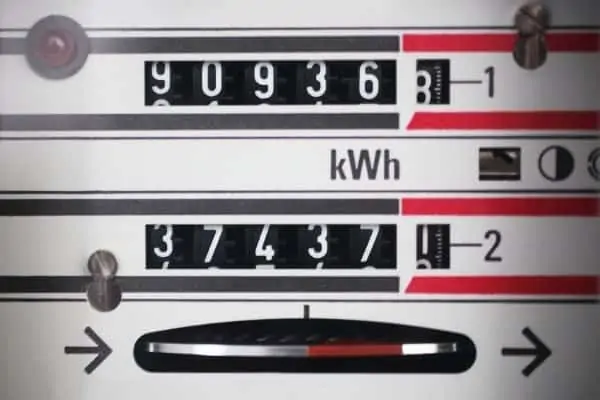
Did you know that electricity charges are not constant throughout the day?
In most areas, electricity providers have different charges throughout the day. During peak hours, when more people are putting a lot of strain on the electric grid, the costs tend to be higher.
If you have a pool, it’s crucial to know the off-peak hours so that you can use them to your advantage.
Some people will advise you to let your pool pump run during the night because, in most areas, you get energy consumption discounts at night. Yes. We’re all about saving coins here and there, but do it right. As we’ve mentioned, it’s crucial to run your pump during the day to ensure it stays clean and in tip-top condition.
You must ensure your pool pump runs long enough to complete at least one complete turnover cycle every day. In most cases, it’s recommended to run your pool pump between 6 hours and 8 hours every 24 hours. However, this doesn’t have to be 8 hours straight during the day or night.
If you’re looking to cut back on your energy bills, you can take advantage of your non-peak utility hours and work around them.
You can let the pump run for a few hours during the day to keep everything in check, then turn it off and then run the pool pump at night, during off-peak hours.
Tweak the hours to your advantage and ensure you’re getting the best of both worlds – a well-maintained pool and cost savings.
What is the purpose of pool pumps?
To know when you need to turn your pool pump on, it’s crucial to understand its role in your swimming pool. You’ve probably noticed that the water in most pools is in constant motion. This isn’t for aesthetic purposes. If the water remained stagnant, it would encourage the growth of algae and other stuff that would make it impossible to swim in.
To keep the water clean and swimmable, the water has to be in constant circulation. This is where your pool pump comes in. The pump is a part of your pool’s filtration system that ensures the water remains in continuous circulation.
The pump moves the water in and out of a filter to keep it clean and clear.
As a rule of thumb, pool water should run through the filter at least once every day. This is referred to as the turnover rate.
Does the type of pump matter?
Being clever about what time of day to run your pool pump will definitely save you a lot of money in electric bills. However, it’s not enough. The type of pump you’re using in your pool also determines how much you end up spending.
Some of the things you should consider when getting a pool pump include:
Horsepower
The more powerful your pool pump is, the faster it will run the water through the filter. As a result, you’ll only need to keep it running for a shorter time, which means you’ll be saving a lot on energy costs.
However, this will depend on your filtration system. You can’t afford to have a pump that’s too strong for your filtration system. Such a setup will be too much for the filter and won’t be effective.
A one-horsepower pump is also not very efficient. You need a system that supports three-inch pipes to accommodate a three-horsepower pump for maximum effectiveness and speed. However, this type of pump only works for large pools. For small pools, you’ll end up using too much energy and spending on more costs.
Dual and variable speed pool pumps
It’s also advisable to go for a dual-speed pump instead of a single-speed pump. Dual-speed pumps work faster, thereby providing a faster flow rate while helping to save money on energy.
Variable speed pool pumps are even better. They not only consume less power and have a higher turnover rate, but you can also get a utility rebate for using one in some areas, which translates into more savings.
Final Thoughts
As you can see, the question of whether to run your pool pump during the day or night depends on various factors. The best approach is to consider all factors and pick your sweet spot. Remember, you should not prioritize cutting back on costs over proper pool maintenance. If you strike the right balance, you should be able to enjoy the best of both worlds.
Also read – how long should I run my pool pump
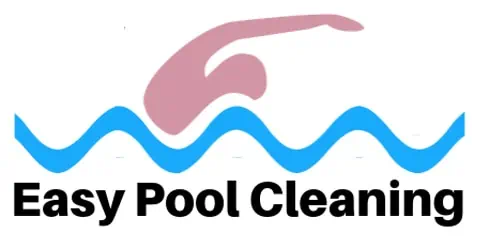
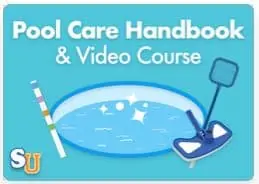
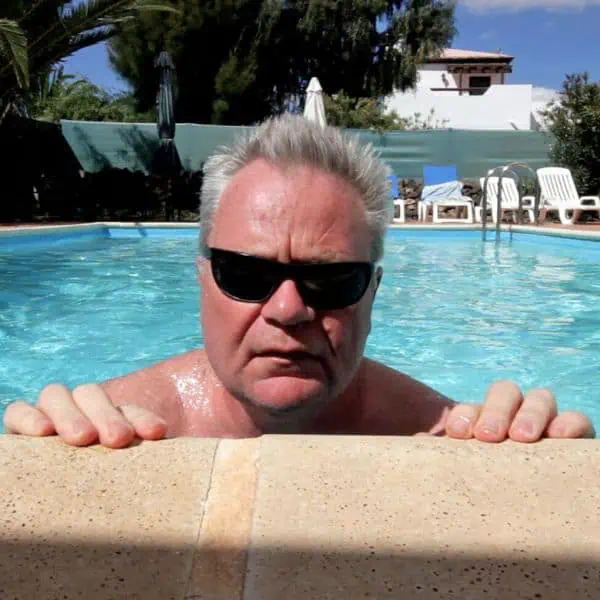

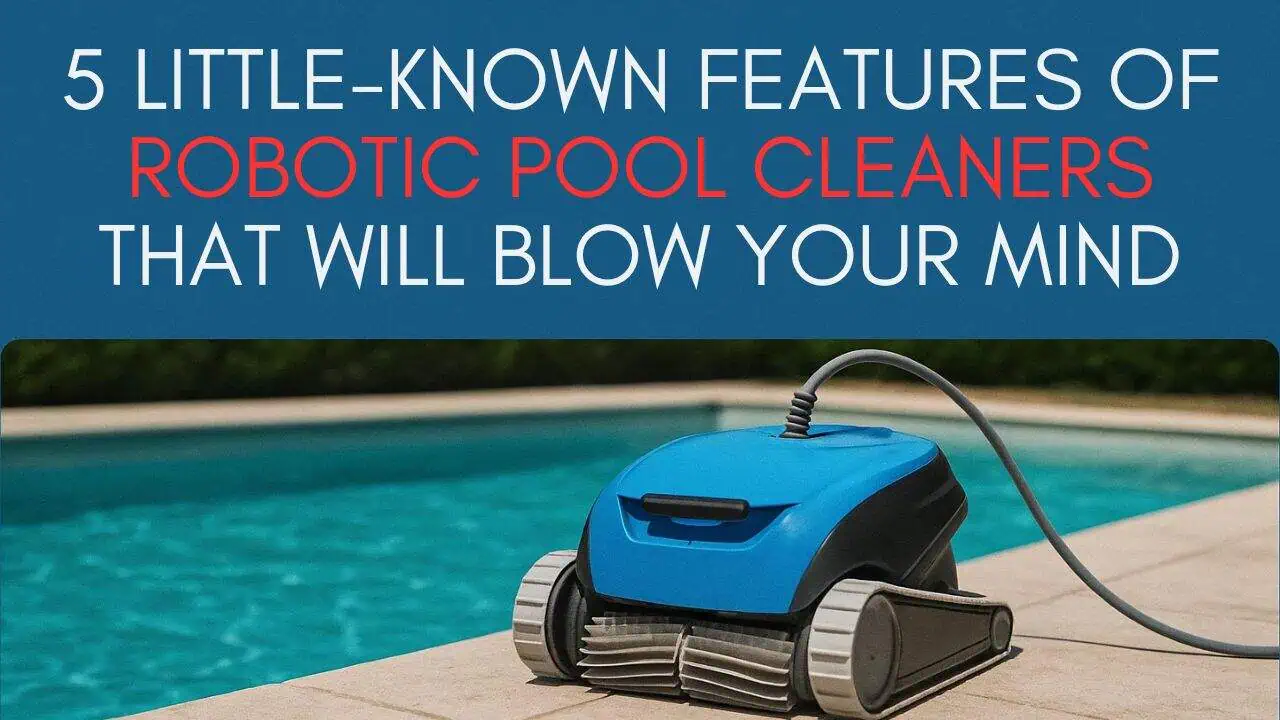

Leave a Reply